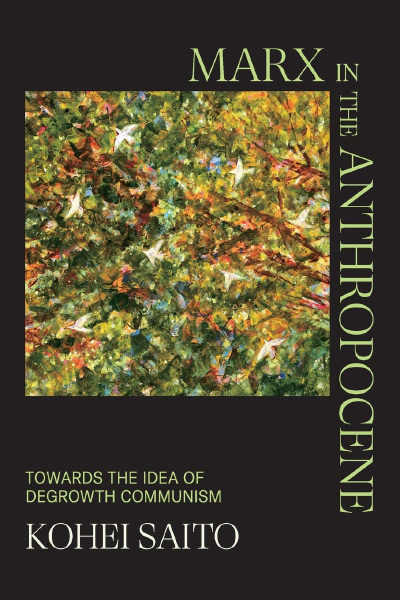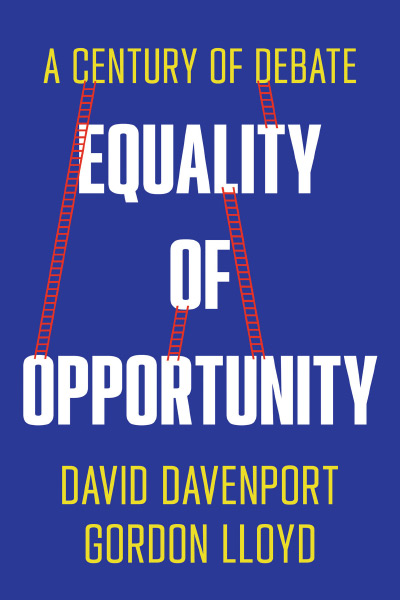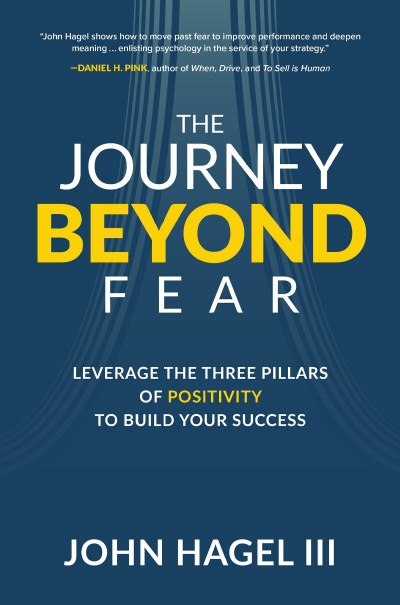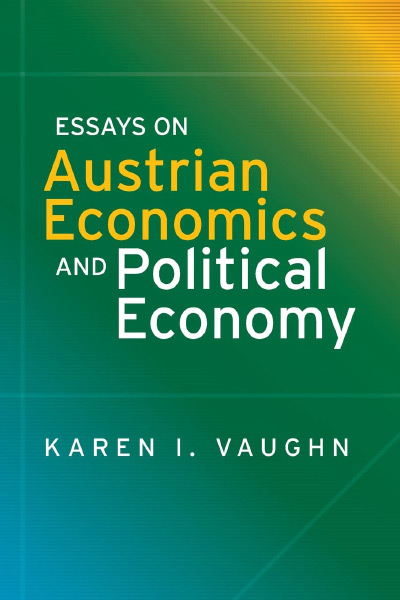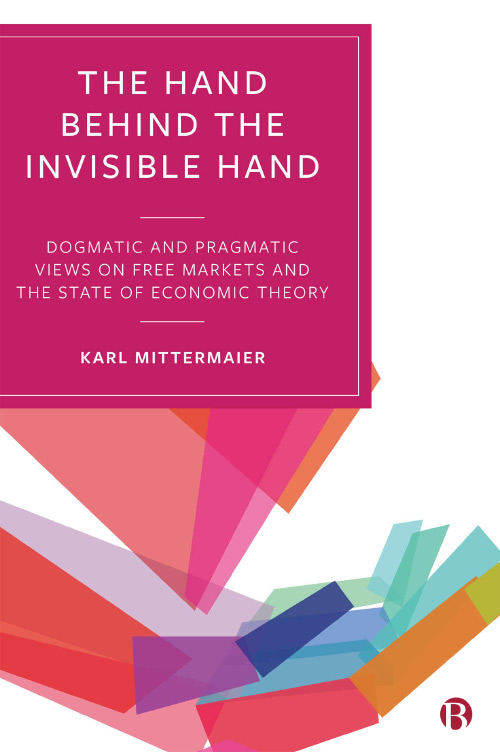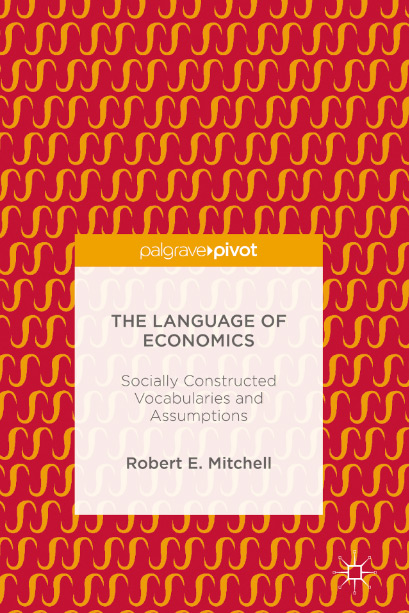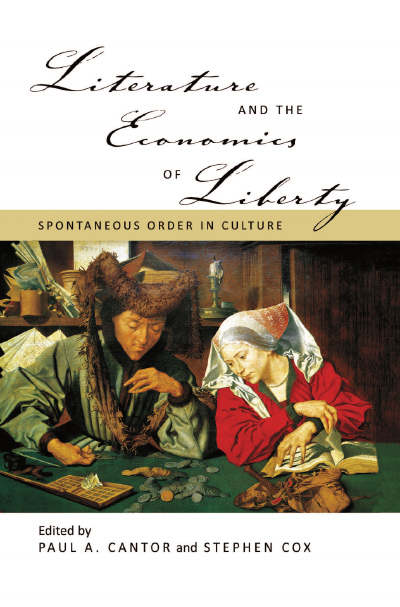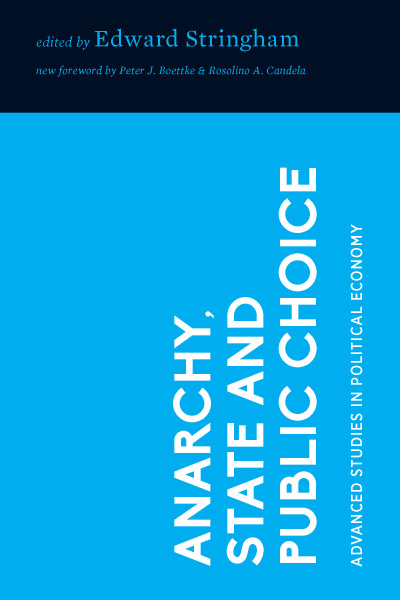It isn’t often you read a book that advocates for arguably the two most evil, destructive ideas ever advocated: Marxist communism and economic degrowth. One would be bad. Both, as Tokyo University professor Kohei Saito advocates for, are truly horrific.
Saito, like other Marxist devotees, faces a problem: under orthodox Marxism the utopia of the workers’ revolution cannot happen unless there is significantly more economic growth, for it is only then that workers will be able “to hunt in the morning, fish in the afternoon, rear cattle in the evening, criticise after dinner,” as Karl Marx famously wrote in The German Ideology (1845, pt. 1, para. 2 under Private Property and Communism). Indeed, Saito writes, “The Communist Manifesto has repeatedly been cited as evidence of his notorious and unacceptable productivism” (p. 2). In other words, Marx wanted growth. Oh, the horror! But now that the progressive left largely rejects growth in the name of saving the planet (see my 2022 article, “The Abandonment of Growth and the Decline of the West,” The Independent Review 27 no. 2, 201–26), what’s a Marxist to do?
For Saito, the answer is to engage in an esoteric project to rehabilitate Marx for the green era and show that all the nonsense about growth was not really what Marx meant. That the “bourgeois” focus on growth was from Friedrich Engels, not Marx, he asserts. Or it was only early Marx who supported growth. To bolster his claim, Saito cites some collected found scribblings from the great man, showing that in the 1870s he encouraged a Russian revolution even though this was counter to his original idea that the communist revolution could happen only at the late stage of capitalism. Saito quotes Marx as saying that the ideal communist society was actually the pre-capitalist Russian agrarian commune. But notwithstanding Saito’s efforts to turn Marx into an agrarian environmentalist, he ultimately fails. Marx, for all his failures and evil, at least wanted growth and saw it as fundamentally a force for human liberation.
Of course, Saito and Marx overlook the fact that the life of the Russian peasants in the 1870s had to be one of the most miserable and awful existences known to humans, as they faced back-breaking work and soul-grinding poverty. But for both Marx and Saito, as long as the peasants could live on a communist-run commune, life would be great. Saito even calls for western Europe to return to pre-capitalist society, but this time with communism.
It’s bad enough that Marx wanted revolution to overthrow market economies, but Saito wants to combine communism with grinding poverty. Don’t worry, though: the masses will be happier because, he argues, “our society is filled with an excess of commodities” (p. 220). Because the unwashed proletariat have been lulled into false consciousness by Madison Avenue, workers consume too many clothes, TVs, cars, and other mindless goods. In fact, the masses will be happier without all this capitalist materialism. This is because “the riches of culture, skills, free time and knowledge is the wealth of society. In other words, the wealth of riches of societies cannot be measured by a greater quantity of commodities produced ... but rather by the full and constant development and realization of the potentialities of human beings” (p. 222). This is why he writes that “post-capitalism needs to invent wholly different values-standards and social behaviors and a new sense of sufficiency and well-being needs to replace the widespread aspiration to become upper-middle class” (p. 235). In other words, families making $60,000 a year should be making $15,000 a year; then they would find fulfillment. In his mind, the ideal society would be like the Shire in The Lord of the Rings, but run by a workers’ council: a lovely, idyllic setting where no one seems to do any real work and yet everyone seems prosperous and happy. I wonder if Mr. Saito leads by example and lives like Frodo and Sam.
Back to Marxism and degrowth. Marx will surely go down in history as the person responsible for the most evil done, given the hundreds of millions of deaths under communist societies, and the terrible oppression of even more. Yet, amazingly Marxism still has credibility, perhaps even more than it did two decades ago, even though his core argument is simply ludicrous.
The entire premise of Marxism is that surplus production (the share of worker output “stolen by the capitalists”) will invariably keep increasing until capitalists capture most of the wealth and the angry workers finally break out of their chains of oppression. But it shouldn’t take a genius to know that capitalist competition always drives profits back to a natural rate, which means that capitalist productivity has always led to increases in living standards. Productivity in the United States increased by a factor of nine in the last 120 years, but profit rates are largely the same while worker living standards have increased nine times. That’s the reason we don’t have revolution.
But this simple reality doesn’t take an economist to predict. Any barely intelligent person could have predicted this; but not Marx and many of his followers to this day. In my new book (with David Moschella), Technology Fears and Scapegoats: 40 Myths about Privacy, Jobs, AI, and Today’s Innovation Economy (2024, Cham, Switzerland: Springer), two of the myths I rebut are that productivity growth has not benefited workers and that profits are at an all-time high. Both are wrong, yet the left continues to advance these fundamentally Marxist ideas.
So, with growth being demonized by many on the left, degrowth is the answer, and we can get degrowth only by overthrowing capitalism. Saito writes that the “capitalist system does not offer an alternative to the juggernaut of overproduction and overconsumption” (p. 1). And one knows this is a serious book when he quotes climate wunderkind Greta Thunberg talking about the “‘fairy tales of eternal growth’ in which she made it explicit that the capitalist system that aims for infinite accumulation on a finite planet is the root cause of climate breakdown” (p. 2). Ah, good to know that communist nations reject growth.
There’s so much wrong with this concept it’s hard to know where to start. The very idea that degrowth would solve climate change is utterly nonsensical. Even if we could achieve degrowth and cut world GDP by half, it would not solve climate change, as that requires getting near to net-zero emissions. And getting to that requires innovation to generate low-cost, clean technologies that everyone will want to adopt because they will save money. But degrowthers do not want this because it would reduce the pressure for a fundamental transformation of capitalism. This is why so many radical environmentalists oppose many commonsense solutions to climate change such as carbon capture and storage and nuclear power. Indeed, one of the biggest threats to the Marxist anti-growth ideology is the idea that technology could actually improve the capitalist system and improve climate. As Saito writes, “Unfortunately the current revival of post-capitalist discourse is heading in the opposite direction and endorses technological progress” (p. 131). Again, the horror! Thus, Marxists can say, “Capitalism best generates growth and tech progress, but that is all bad. So, we can get rid of capitalism.”
Degrowthers, including those of the Marxist ilk, argue that to solve climate change humans have to produce and consume less. Try telling that to a working American family struggling to get by on $40,000 or $50,000 a year. Even worse, tell that to a struggling worker in a developing country. This idea is truly inhumane.
If this is not enough to persuade you to ignore this book, consider that as a die-hard Marxist academic Saito does not write in normal English: he and others write in Marxist gibberish. He talks about György Lukács’s “dialectics of nature and scientific dualism” (p. 80) and Theodor Adorno’s claim that “it is by passing to the object’s preponderance that dialectics is rendered materialistic” (p. 109). Who talks this way? Maybe Marxists are worried that if they wrote in commonsense English, people would realize just how nonsensical their musings are.
One note: This book is a prime example of what’s wrong with universities. Why are the Japanese taxpayers paying someone like Saito to advance such a revolutionary agenda? Why is Cambridge University Press publishing the same?
At the end of the day, Saito’s real task is to rehabilitate Marxism to make it compatible with radical environmentalism. So, just rewrite Marxism to frame Karl as an environmentalist and someone who rejects growth. The result: “Marxism now has a chance of revival if it can contribute to enriching debates and social movements by providing not only a thorough critique of the capitalist mode of production but also a concrete vision of post-capitalist society” (p. 2). Workers of the world, unite! You have nothing to lose but your income.
| Other Independent Review articles by Robert D. Atkinson | |
| Fall 2022 | The Abandonment of Growth and the Decline of the West |


